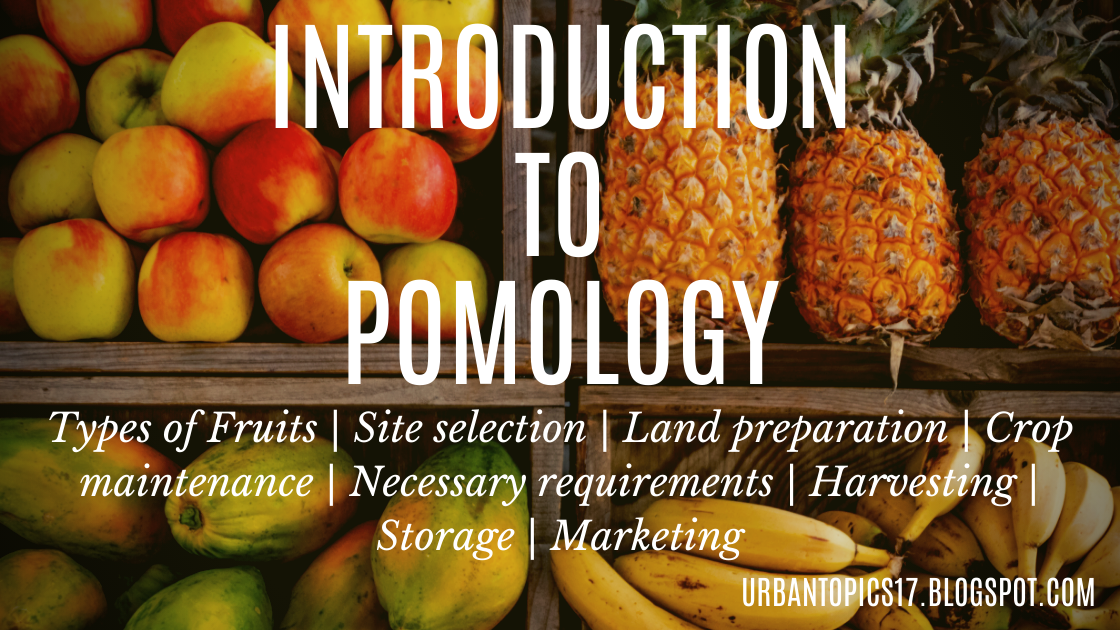The scientific study of fruit is called pomology scientists dedicated to studying fruit are called pomologists

The Science of Fruit: Exploring Pomology

Pomology, derived from the Latin word “pomum” meaning fruit, is the scientific discipline that focuses on the study of fruits. It encompasses various aspects such as the cultivation, production, physiology, and post-harvest handling of fruits. Scientists who dedicate their efforts to the study of fruits are known as “pomologists.” Their research and knowledge contribute significantly to fruit production, breeding, and overall understanding of these delicious gifts of nature.
The field of pomology has a rich history dating back to ancient civilizations. Cultivating and choosing the best fruits for consumption or trade has been an essential part of human civilization since prehistoric times. However, the formal study of fruit trees and their cultivation techniques began in the late 16th century. Pomology gained widespread recognition and further advanced during the 19th century when multiple fruit-growing societies were established in different parts of the world.
As pomology progressed, it became evident that studying fruits required a multidisciplinary approach. Pomologists combine principles from various scientific fields such as botany, horticulture, genetics, and plant physiology to understand the complexities of fruit production fully. Through their research, pomologists aim to enhance fruit quality, increase crop yields, improve disease resistance, and develop new fruit varieties adapted to different climates and growing conditions.

One of the primary focuses of pomologists is fruit breeding. They work relentlessly to develop new varieties that exhibit desirable traits such as superior taste, enhanced nutritional value, extended shelf life, and resistance to pests and diseases. By understanding the genetics and physiology of fruits, pomologists can crossbreed different varieties to create offspring with specific characteristics. This process often takes several years of careful observation and selection.
Pomologists also play a vital role in understanding the physiology of fruit trees. They investigate the optimal growing conditions, nutrient requirements, and environmental factors that influence fruit development and ripening. This knowledge allows farmers and fruit growers to implement better cultivation practices while maximizing fruit quality and yield. Scientific research in pomology has significantly contributed to sustainable fruit production methods that reduce environmental impact and ensure long-term viability.
Furthermore, pomologists study the post-harvest handling and storage of fruits. They investigate the best techniques to ensure minimal loss of quality during transportation and storage, extending the shelf life of fruits and reducing wastage. By understanding the physiology of fruits, pomologists can identify the optimal harvesting time and determine the most effective methods for post-harvest treatments and storage conditions.
In conclusion, pomology serves as the scientific foundation for understanding the complexities of fruit growth, development, and cultivation. It encompasses a range of disciplines and plays a crucial role in improving fruit quality, developing new varieties, and optimizing fruit production methods. Pomologists dedicate their efforts to unraveling the mysteries of fruits, enabling us to enjoy the diverse and nutritious delights they provide daily.
Source: Wikipedia - Pomology
Related Posts
Quick Links
Legal Stuff

